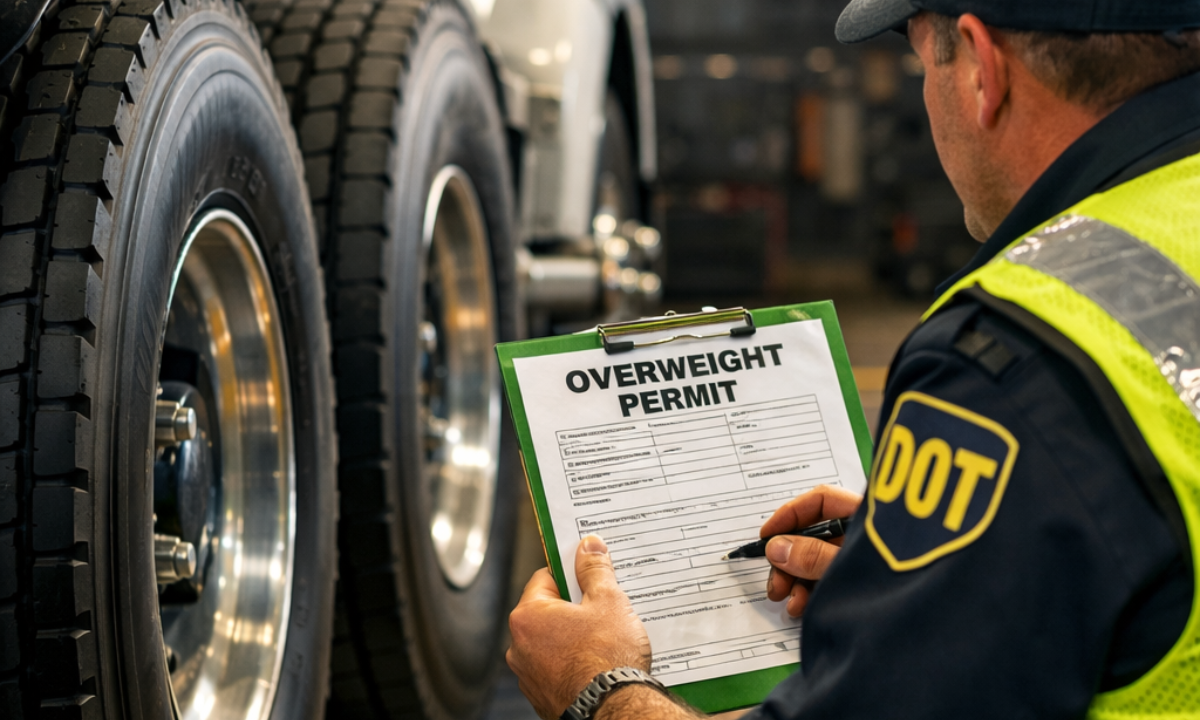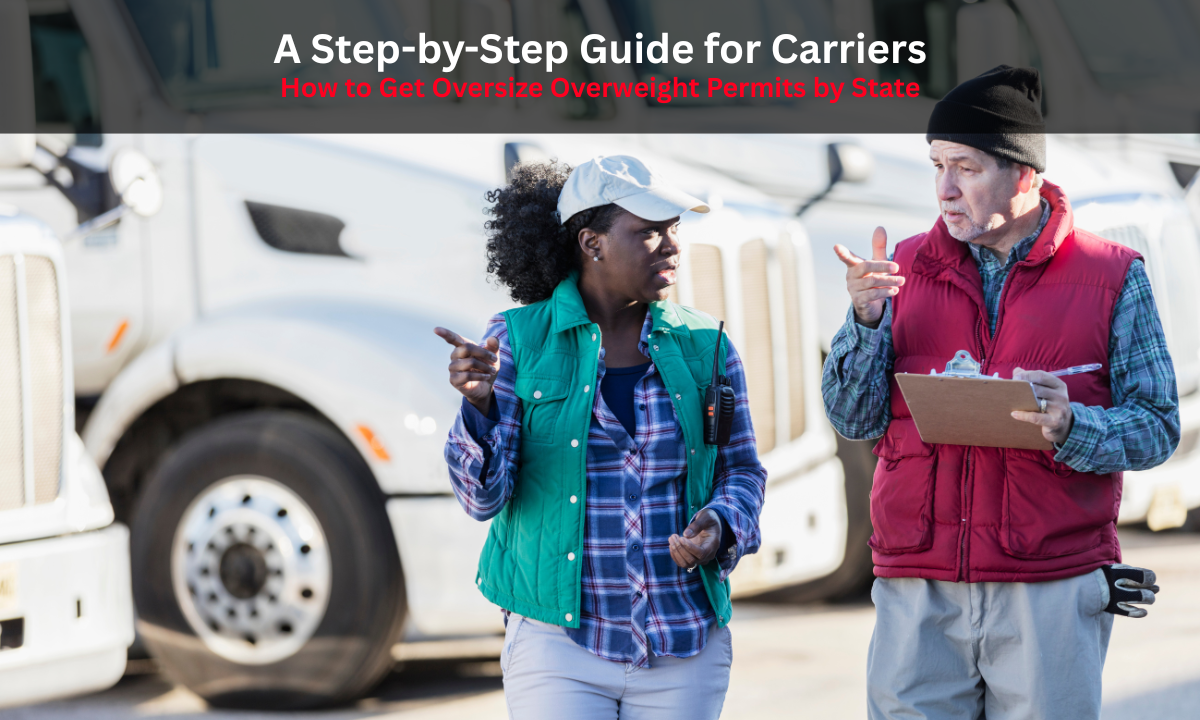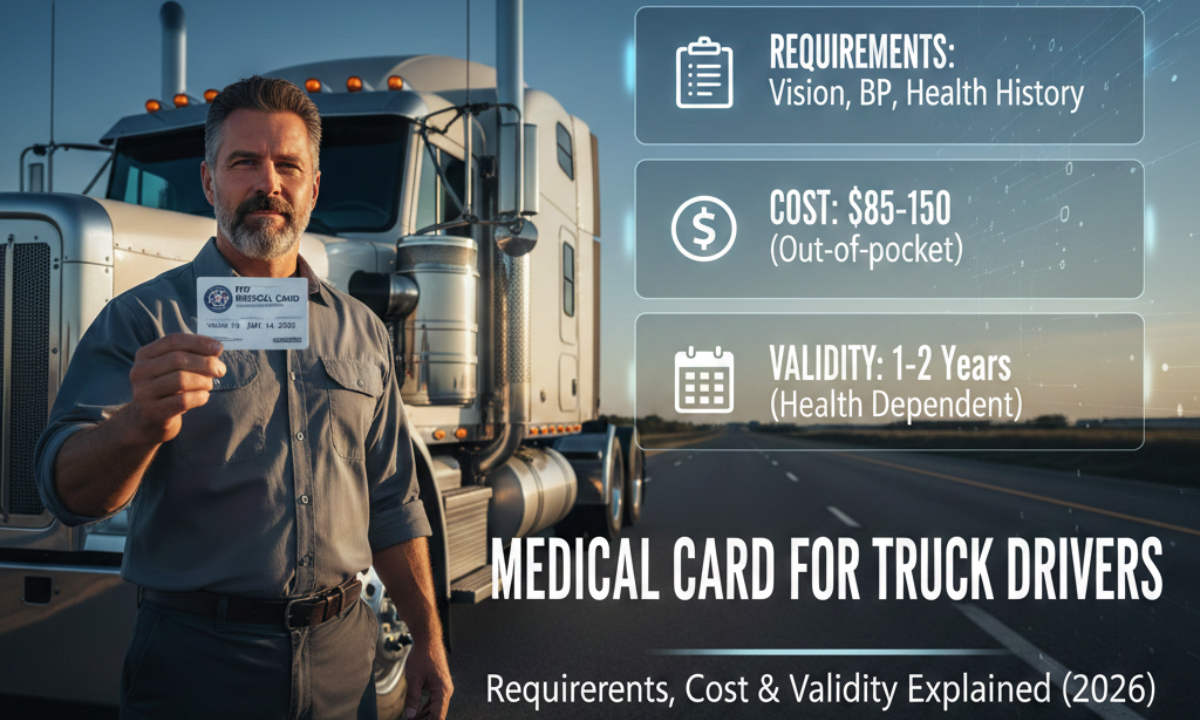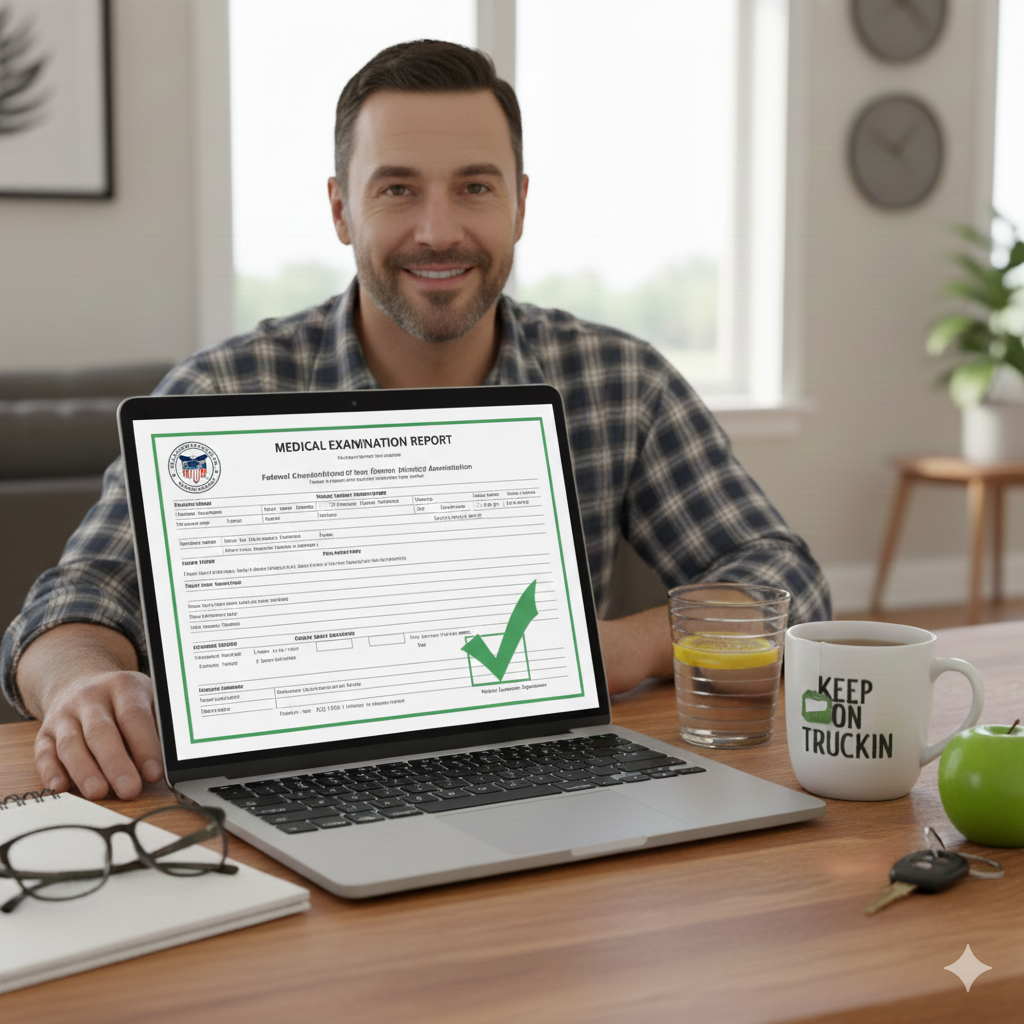Permit Power: Essential Permits for Interstate Trucking
For professional truckers and fleet managers, understanding interstate trucking permits is more than a form—more like a requirement for remaining road-legal, preventing delays, and delivering freight without unnecessary disruption. Whether hauling oversized or special permits, or traveling across several jurisdictions, the correct trucking permits are the difference between efficient operations.
Why Interstate Trucking Permits Matter
Interstate trucking laws are quite different across state borders. Every state may have special permits required based on the type of load, vehicle weight, and roads traveled. Anticipating permit requirements avoids unnecessary violations, fines, and vehicle detention.
Key Types of Trucking Permits
1. Oversize/Overweight Permits
When a load or a vehicle is over federal and state weight and size limits, an overweight or oversize permit is required. They identify trip routes, hours of operation, and may even include pilot car requirements or bridge clearances.
2. Temporary Trip Permits
For truck operations in a state where they are not registered under IRP (International Registration Plan), a temporary trip permit provides legal travel without complete IRP registration.
3. Temporary Fuel Permits
If you’re not IFTA-registered but must travel in a participating state, you’ll require a temporary fuel permit to stay in compliance with that state’s fuel tax regulations.
- Unified Carrier Registration (UCR)
All carriers who engage in interstate commerce are required to register each year under the UCR program. It applies to motor carriers, freight forwarders, and leasing companies and is a requirement for FMCSA compliance.
Best Practices for Permit Applications
- Hazardous Materials Endorsements
In addition to these requirements, if hauling hazardous materials, operators need to carry the proper endorsements and permits. Both federal and state levels regulate them and frequently need security threat analysis and route planning.
Permit Application Best Practices
- Utilize automated permit systems or state DOT websites for rapid processing.
- Maintain a permit binder or electronic dashboard per vehicle for quick access during inspection.
- Always cross-check validity periods, jurisdiction needs, and load details before leaving.
- Train drivers and dispatchers on what permits are needed for various hauls and routes.
Avoiding Common Permit Pitfalls
Some of the most common pitfalls that cause delays or tickets are:
- Traveling with expirations or missing permits
- Conflating IFTA/DOT or IRP as these cover all jurisdictions
- Skipping escort vehicles for these ultra-wides
- Forgetting these bridge and tunnel restrictions in localities
Final Thoughts: Permits as a Safety Net
Accurate interstate trucking permits don’t only keep you in compliance—they ensure your reputation stays intact, optimize your route, and minimize operational risk. Keeping up-to-date with your permitting process is a crucial aspect of keeping your business in motion through state borders.
Disclaimer: The information provided in this blog post is for general informational purposes only. While we strive to keep the content accurate and up to date, we do not guarantee its completeness, reliability, or accuracy. Any actions you take based on this information are strictly at your own risk. We are not responsible for any losses, damages, or inconveniences that may arise from the use of this blog.












